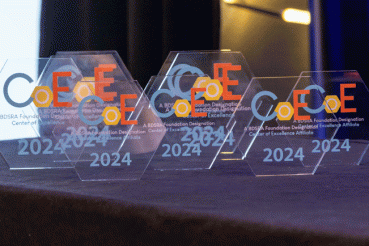Developmental guidelines show what your baby has the ability to accomplish. If the baby is not exhibiting the behavior now, then they will likely do so soon. You might want to compare your baby’s progress with other babies his or her age, but resist the temptation to do so—all babies develop and meet milestones at their own pace. Here are some general milestones for infants.
- By the end of three months infants are able to raise their heads and chests when lying on their stomachs, open and shut their hands, bring their hand to their mouth, grasp and shake a small toy, begin to babble, smile and watch faces with interest.
- At six months of age, infants can bring their hands together and transfer a toy from one hand to another, roll over from stomach to back or back to stomach, turn their head toward sounds near them and use babbling to get attention.
- By nine months, most babies respond to sounds or whispers, sit without support, crawl on hands and knees and eat mashed table foods.
- By their first birthday, infants are meaningfully using ma or da-da sounds, feeding themselves with finger foods, pulling up on objects to stand, walking while holding on to furniture, using a sippy cup and responding to simple commands. Remember that your baby is an individual. If you have questions about your baby’s development, talk to your child’s physician.




